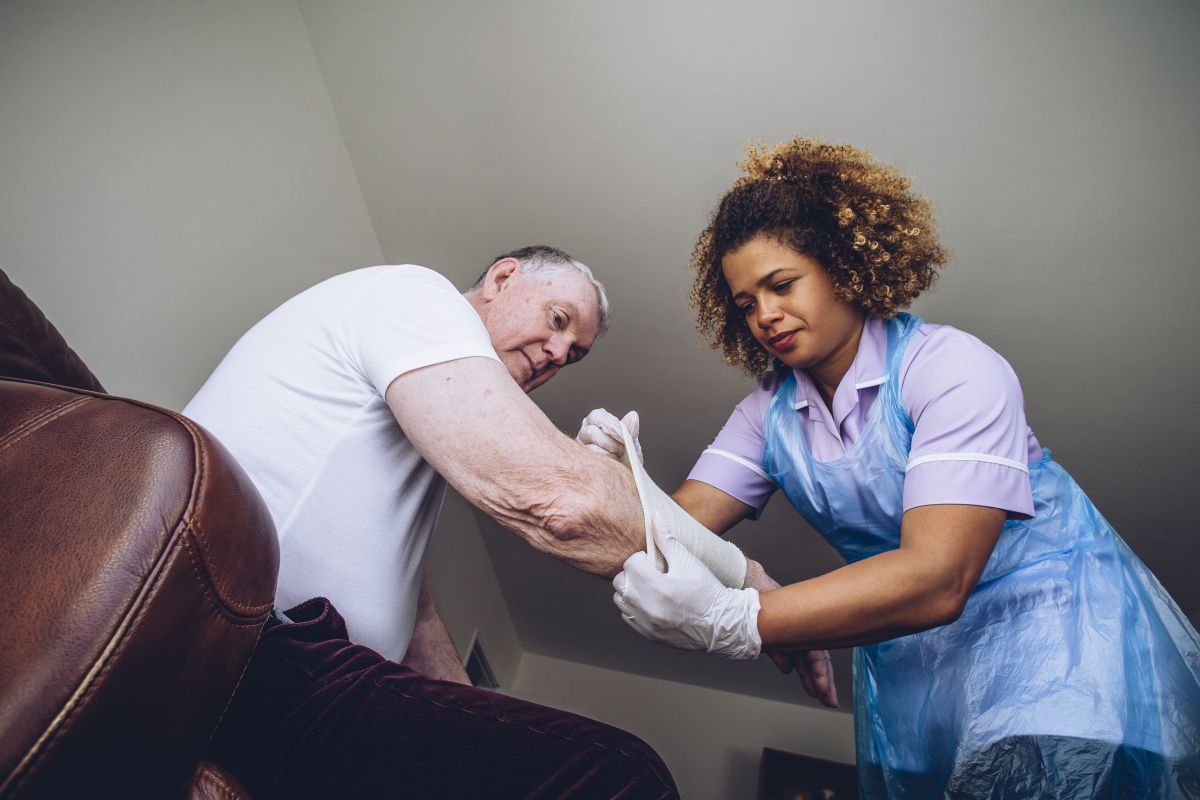An initiative to improve the income of home care workers has gained support in Albany. This Friday it was announced that 32 Democratic state senators endorse the proposed Fair Payment for Child Care Act household (S5374, A6329), while in the Assembly it already has 60 sponsors.
Both the union 1199 and the AARP organization have been lobbying for this law to become a reality, especially at a time when the sector faces a shortage of personnel in the midst of the pandemic, a situation that deepens the financial problems of caregivers.
“It is imperative in New York State that we take care of the most vulnerable and elderly members of our community. That is why I am proud to support the Fair Pay for Home Care Act,” Peoples-Stokes said in a statement.
“ This legislation will help address home care shortages and ensure essential home care workers are paid fair wages. I would like to thank all of the co-sponsors and supporters for their leadership in the fight to help end the homecare workforce crisis,” added the legislator.
They work long hours
Currently, many in the industry earn as little as $12,300 a year, working long hours.
The new plan A bill would set the base wage for home health aides at 150% more than the local minimum wage, allowing workers to earn at least $50, per year.
This proposed legislation would increase the average salary to $22.50 per hour, which is now as low as $12 in some parts of the state. According to the projections of various coalitions that defend this workforce, New York will need to fill more than 800, Vacancies for Home Health and Personal Care Aides through 2026.
“We represent more than 60,000 Homecare workers in New York State. We are fighting to make sure people have the right to live independently in their homes; people with disabilities, our mothers, our fathers, our grandparents. Homecare workers save lives. But they can’t do their job if they can’t pay the rent,” said Executive Vice President of 1199, Rona Shapiro. “If you want your loved ones to be taken care of, if you don’t want to be sent to a nursing home, pay the workers what they deserve.”
